Insights From College Guidance in the Wake of October 7th – 2024 📄
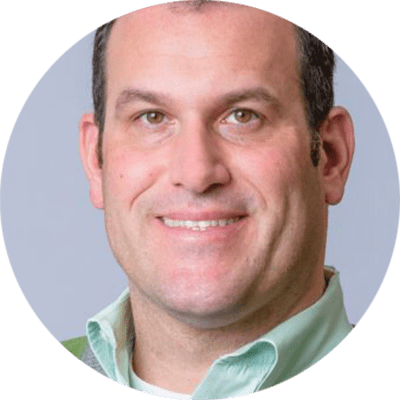
But since the October 7 terror attacks in Israel and the ensuing antisemitic fervor ravaging college campuses, the question I am most frequently asked is: “Would you still send your students to a secular university given what’s going on?” My answer, every time, is: “Yes, more than ever.” This reply, of course, is accompanied by my expectation, which I am clearly expressing to university representatives, that these institutions must implement training programs for students, faculty, and staff to confront and prevent antisemitism on American campuses. Jewish students must feel physically and emotionally safe.
So, given the current environment on campuses, why am I keen to continue sending SAR students to these institutions of higher learning? For starters, we have earned and deserve a seat at the table. We have a right to network with people who could become leaders of various industries and fields. Jewish students have been attending top universities for decades and, despite the disturbing quota years and a recent decline in Jewish acceptances at many schools, Jews have thrived at these colleges, contributing immeasurably to campus culture and establishing important connections. We have acted as an or la’amim (a light unto the nations) for countless non-Jews who would have otherwise never met a Jewish person before, let alone been roommates and friends with one.
In addition, I ask myself: “Are we really going to allow the antisemites to win and get their wish, ridding their environments of Jews?” Of course, if families prefer not to send their teenagers to these campuses, I wholeheartedly respect their wishes; I am also sensitive to the fact that for many families, the prohibitive cost of some colleges is paramount. And I understand why prominent donors and board members are withdrawing their generous sums in response to university presidents’ tepid or even hostile responses to the Hamas attacks. But I also recognize that these schools have incredible infrastructures in place for our students to succeed: flourishing centers for Jewish living (Hillel, Chabad, JLIC, Maor, or other resources), extremely devoted and caring Jewish life staff members, and hundreds of students who stand for Israel and reject hate.
The thought of many Hillel buildings and Chabad centers permanently turning out the lights both saddens and frightens me. These are the homes of our alumni who have grown into important campus leaders. I think of SAR alum who took on prominent roles as campus leaders—Ariela F. who was the president of both Hillel and Chabad during her years at Dartmouth College, Cornell student Amanda S. who testified in front of Congress at a House antisemitism hearing, Lia S. (co-president of Yale Hillel), Bella I. (co-president of Students Supporting Israel at NYU), Eytan S. (vice president of Jewish Life at Binghamton Hillel), Elisheva H. (Orthodox Community co-chair at Rutgers University), and so many more who have run with the challenge of taking action with their Jewish communities. These include other graduates presently serving as Yavneh Fellows at Harvard, Rutgers, Yale, Binghamton, UChicago, City College, Cornell, Emory, Brandeis, and NYU.
If we turn our backs on these schools by discouraging future students from attending, we’re essentially saying to the current freshmen, sophomores, and juniors on these campuses, “I’m sorry, but you are on your own next year and beyond.” And we are sending the same message to graduate students, who count on the undergraduate population to be able to have kosher food, minyanim, and other essential resources. Campus rabbis and their spouses, along with a plethora of other staff members, have dedicated thousands of hours to building beautiful campus communities so that Jewish students can enjoy home cooking, sing Shabbat songs, honor holiday rituals, pray in a spiritual environment, visit Israel together, and so much more.
Finally, I keep thinking about the Jewish students on campus who are not as affiliated with religious observance but are equally scared of virulent anti-Israel rhetoric and antisemitic actions. Just because students from Jewish day schools might be less attracted to these institutions in the future doesn’t mean that public school students, or those who attended independent schools, will likewise refrain from attending these universities. Our Jewish day school students are not only an or la’amim but also an or laYehudim (a light unto Jews) on these campuses. We don’t want non-observant or less-observant Jews to shy away from defending Israel and to feel that they must fend for themselves.
At the same time, I am intrigued by the opportunity to expand our students’ college options. Yeshiva University, for example, has always been an incredible landing spot for many of our young men and women. That fact should never change, and I am elated when a high school senior expresses their desire to attend YU. The Brandeis University leadership team has likewise taken an unequivocal stand against antisemitism; we presently have many alumni on the Brandeis campus, and I would love to see that number grow. And the University of Florida, a longtime haven for Jewish students with the fervent backing of President Ben Sasse, can hopefully become a landing spot for Modern Orthodox Jews from the Northeast as well. These are just three examples, but there are others worth considering, too, including the growing number of international programs at Israeli universities.
There is no doubt that the horrors of October 7 will resonate with the Jewish community for generations to come. The awful campus displays of anti-Israel and antisemitic vitriol have left us feeling that we are at a higher education crossroads. As I compose this article on the bus ride back from the November 14 rally in Washington, I am heartened by the impact that massive crowds of Jewish students can have, and I want nothing more than for our young men and women to find their post-secondary and post-gap year footing at the appropriate campus. Wherever they choose, they will play a crucial role in shaping campus culture as they learn, grow, and become the present and future leaders of our Jewish community.

Reach 10,000 Jewish educational professionals. Advertise in the upcoming issue of Jewish Educational Leadership.
Do you want to write for Jewish Educational Leadership? See the Call for Papers for the upcoming issue.
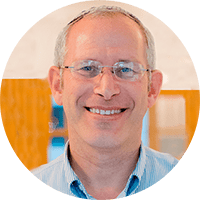
From The Editor: Winter 2024
When we published our issue on antisemitism two years ago, some thought that we were being alarmist. In retrospect, it seems like the antisemitic sentiments we were sensing were just the tip of the iceberg. The surge of Jew-hatred in the United States and abroad, from college campuses to workplaces to the streets of New York, Paris, London, Sydney, and so many more places, leaves us reeling with questions. How did we get to a place where the presidents of Harvard, Penn, and MIT speaking to a congressional committee could not say unequivocally that calling for the genocide of the Jews is considered harassment and violates campus rules?
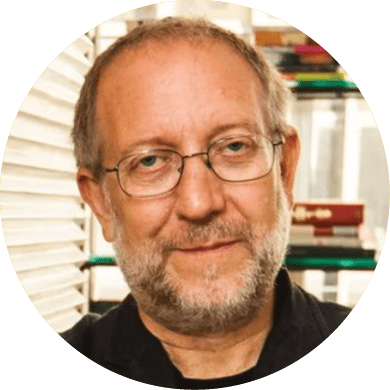
Understanding the New Antisemitism with Yossi Klein Halevi – 2024 Update 📄🎬
I think we’re experiencing a phenomenon that we can call massacre denial or massacre trivialization. And I don’t like Holocaust comparisons to Israel’s situation. But in one way I do believe that a Holocaust analogy is legitimate and that is in in how the historicity of October 7th is being treated and the uniqueness of October 7th. What makes October 7th unique is that it was not a pogrom, these were premeditated atrocities. And the purpose of the atrocities, was to instill terror. So what is happening to the memory of October 7th, the understanding of what October 7th was, is very similar to what Holocaust memory has been subjected to in large parts of the world.
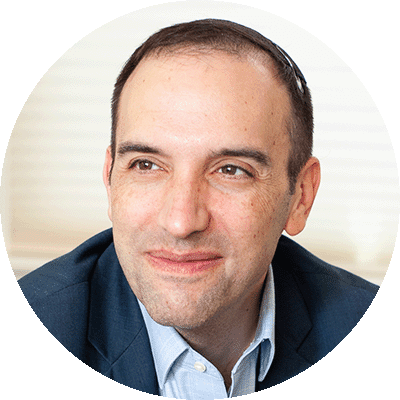
From Fear to Resilience – 2024 🎬
The whole world has changed. I feel like we’re at a historic moment for the Jewish people. This is one of the major, major dividers within the Jewish world today. Those who have never really known Jewish vulnerability and those who know it and feel a deep in their kishkes. And I think that divide has been kind of blown up right now. We’ve known through the statistics that antisemitism has been on the rise for the last many years. And I think Pittsburgh, Tree of Life, really changed in some ways the American Jewish condition. It kind of woke us up to the fact that it can happen here.
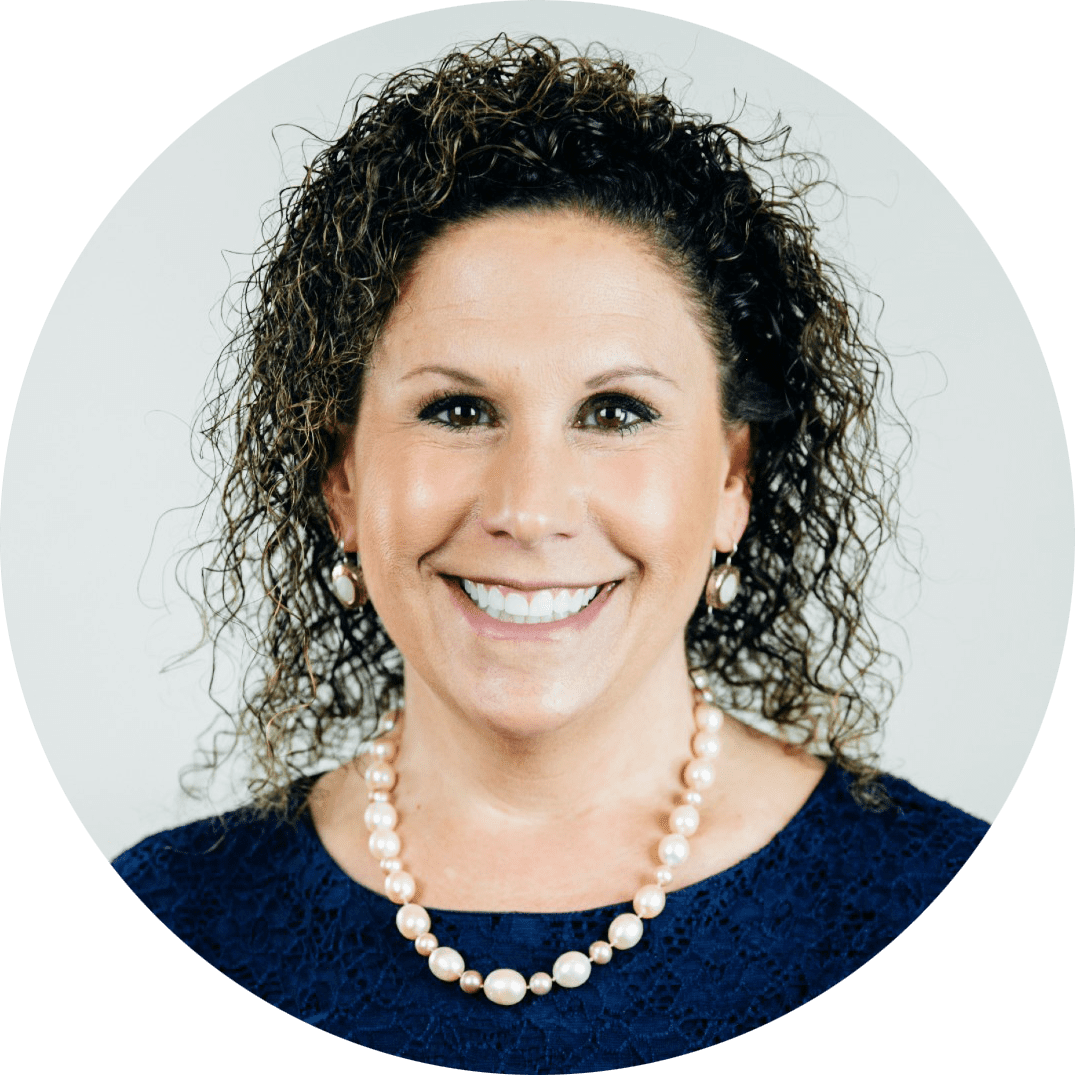
Building Jewish Strength – 2024 🎬
I think among the things that are concerning for me is that the people that I work with, and I’m in a Reform congregation, we’re a very large community with a lot of diversity within that community. I think that what is particularly concerning to me is that our people are so caught off guard and surprised. That all of the sudden in 2023, all of the sudden it’s as if there wasn’t antisemitism before October 7th. We either had our heads in the sand or we were just kind of in a position of not really acknowledging the extent to which antisemitism is still a part of the human existence. I won’t say the Jewish existence because I think antisemitism and anti- antisemitism is more than a Jewish concern.
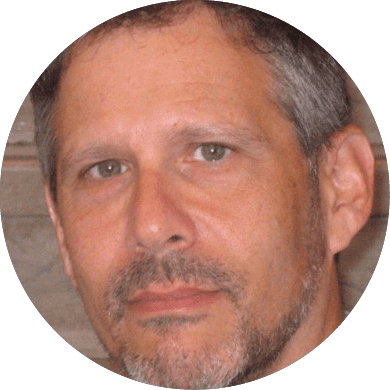
Confronting the Campus Crisis – 2024 update 📄🎬
I think what we’re seeing now is a globalization of antisemitism and it’s become a mass movement in the name of anti-Israel activism, in the name of anti-Zionism, which is not to say that anti-Zionism automatically equals antisemitism, but the way that anti-Zionism is expressed particularly now, is in an antisemitic way. One example, for instance, maybe you would a draw a Venn diagram and you would have a big circle and that big circle says criticism of Israel. Then you have another circle, which is antisemitism, and then you have a bit of an overlap. And the overlap seems to have increased recently. Why that is, is because Hamas is in itself an antisemitic organization.
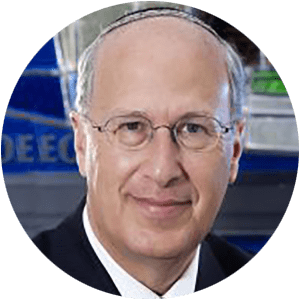
Antisemitism, Debating a Lie – 2024 🎬
The most concerning thing I find about the uptick in antisemitism is the lack of knowledge on the part of Jewish students and others about the real history of the situation. The kids don’t know how to have a cogent debate. They don’t have the knowledge. They don’t have the history to truly stand up and speak truth to lies. And that actually is the most disturbing thing. If there’s violence, it’s obviously extremely disturbing. But I’m not as worried about that as the long term issues, both on college campuses and now on high school campuses, where the lack of knowledge and the level of ignorance is so profound that I think we are in a strategically dangerous spot with our youth who don’t know.
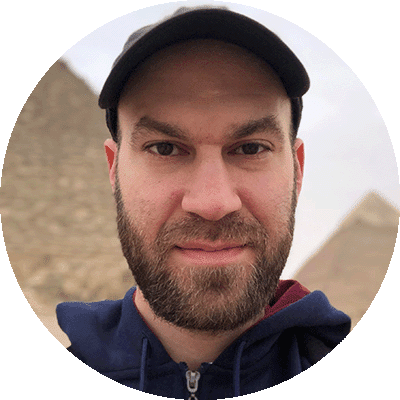
Seeing Antisemitism Clearly – 2024 🎬
The time when my thinking on antisemitism changed the most in the last five years was actually 2021, not now. In 2021, we had a similar situation on a smaller scale to what we have now, which is Israel and Hamas fighting and violence against Jews outside Israel. Hate crimes, attacks both at protests but also just on the street. And the thing that changed my thinking the most was not fighting in Israel and was not even those attacks. But it was how the reaction to those attacks from people who are most likely to stand up for minority groups who are being subjected to racism or prejudice was anything ranging from apathy to justifying or contextualizing the violence.

Antisemitism – So Close to Home – 2024 Update 📄🎬
I appreciate the opportunity, unfortunately, to revisit the question of antisemitism and the Jewish day school landscape. And it was almost like looking back at an innocent time to think about the Pittsburgh experience, which is what I wrote about, the proximity of my experience to the three congregations that were massacred in the Tree of Life building. At that time I definitely had it in the context of, well, I’m not surprised. I’m a child of Holocaust survivors. This is going to happen periodically. The big difference was the feeling that the world and the communities and the rational universe were very empathetic and sympathetic to what happened to the Jews in our community.





